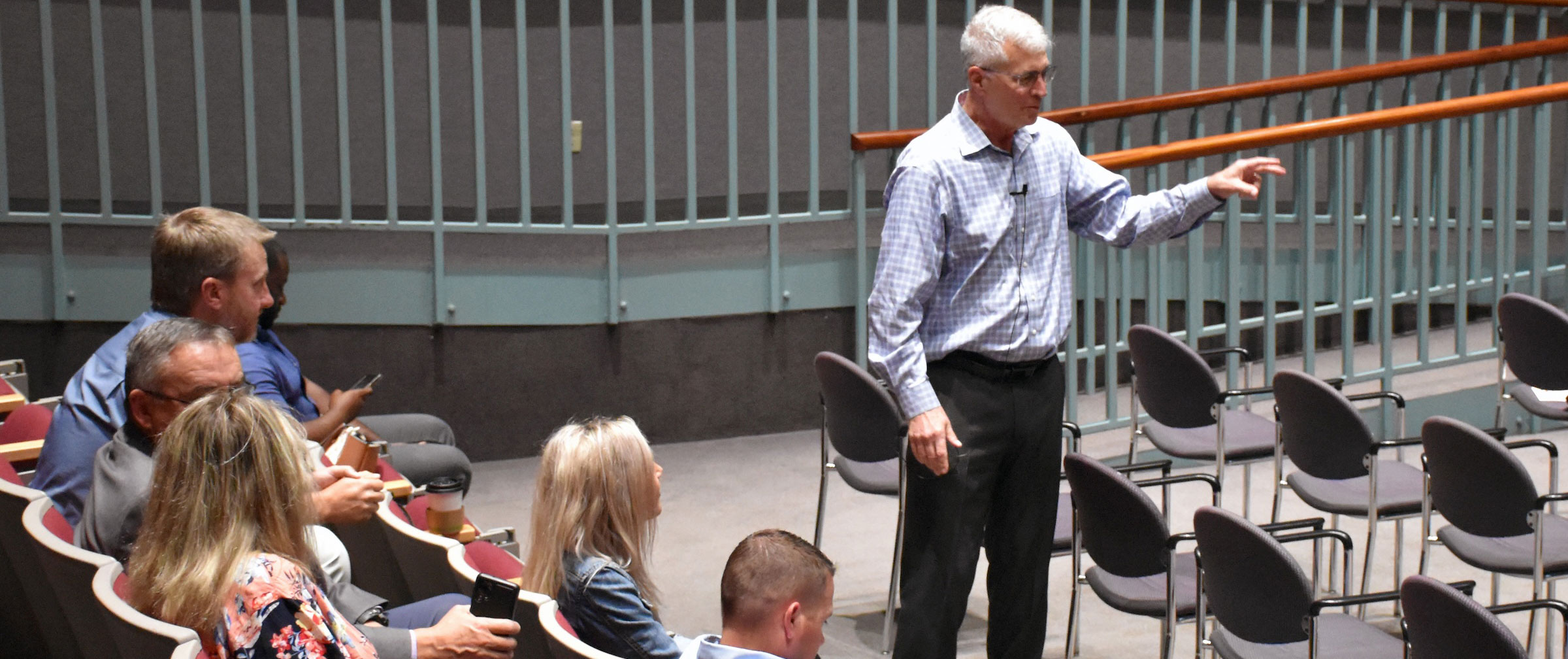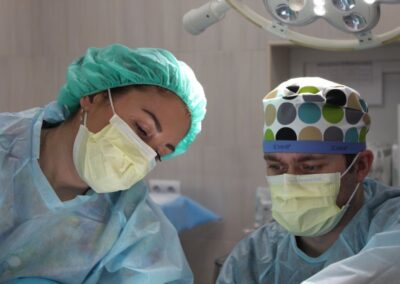Just before Christmas I was talking with a CMO who’s hospital had recently been remodeled and his office was relocating next to the medical staff office and physicians’ lounge. This was done in part so that he could be in closer proximity to the physicians and the office of medical staff affairs. The CMO welcomed this opportunity and was looking forward to establishing an open door policy where physicians would be free to drop in and express their concerns. Jokingly, I responded that it may or may not improve hospital/ physician relations, but at least it had the advantage of being nearer to the food in the physicians’ lounge, and that he would probably gain 15 pounds over the next six months.
There is no doubt that the location of one’s office to some degree shapes the daily agenda. In this CMO’s situation, he will now have greater geographic proximity to the physicians. This new move creates the opportunity to get a better pulse on the medical staff and be more aware of the daily happenings with the physicians around the hospital. As a side bar, he may now have to more aggressively manage his schedule as he will now be much more at risk of “impromptu” meetings with physicians randomly showing up at his door on their way to the lounge. He might find himself being too available for the random drop in. Manageable, but all good, I suppose.
But this calls to question a larger issue. True, a huge value that the CMO brings to the organization is the ability to improve and enhance relationships with the physicians. This is not new. It is reminiscent of the old role of the VPMA of the hospital, whose job was simply to hang around the physician’s lounge and make sure that all of the doctors were happy. Location can shape the daily agenda, but might it also adversely effect other aspects of the position?
The role of the Chief Medical Officer has greatly expanded in the last few years. In addition to being a hospital liaison with the medical staff, the role has now evolved into one of vision, strategy and the overall improvement of community health. The CMO is the senior medical resource for the organization and should rightly be with the hospital senior executive team as an invaluable asset to that team. Could the geographic distance jeopardize the new role?
At one point in my career my office was located adjacent to the medical staff office. Later, as a result of expansion project I was moved to be with the rest of the senior management…. into the newly created C-Suite. In some ways, I missed the relative quiet of the other side of the hospital; I certainly missed the food, and definitely missed the regular interactions with the physicians. Now, instead of an impromptu visit by a physician, I had impromptu visits by the CEO and other senior managers. It did change my daily schedule. But more importantly, it changed the focus of my job. It made me a regular participant in the day to day operations of the health system. And by the way, my visits with the physicians did not decrease. They simply met me in my new office, and more often by way of a scheduled appointment.
When I became the System CMO, my office moved to the corporate suite. This was a bigger change, as now I was not even physically in a hospital. True, I was much more involved in more global administrative issues, but I felt more disconnected from the physicians. I now was a total administrator. For years I was used to rounding around the hospital; now people thought I might be OCD because I was walking around the C-suite. Maybe I just missed the immediate availability of the food. But once again I was completely engaged with the System senior management team.
Location. Location. Location.
I don’t want to make this into more than it is. Location certainly is not everything. I am not saying that the CMO’s office should always be located in the C-Suite, although in the majority of hospitals that I visit, the CMO office does reside there. Nor am I saying that positioning the office of the CMO away from the C-Suite and near the medical staff office will decrease the overall effectiveness of the CMO. But it does make me wonder in a case such as this in this CMO’s situation, in an effort to improve one aspect of the job, could this move possibly detract from other important and strategic responsibilities that the Chief Medical Officer must accomplish? Could the CMO be less visible and possibly less influential with the rest of the senior management team? Could this ultimately diminish the overall performance of the senior management team and the organization as a whole? Might this diminish the value of the CMO to the organization?
These are just questions to ponder. Proximity definitely has its privileges.
By the way, when was the last time you saw the Chief Financial Officer’s office located in the accounting department?
Just something to think about.




